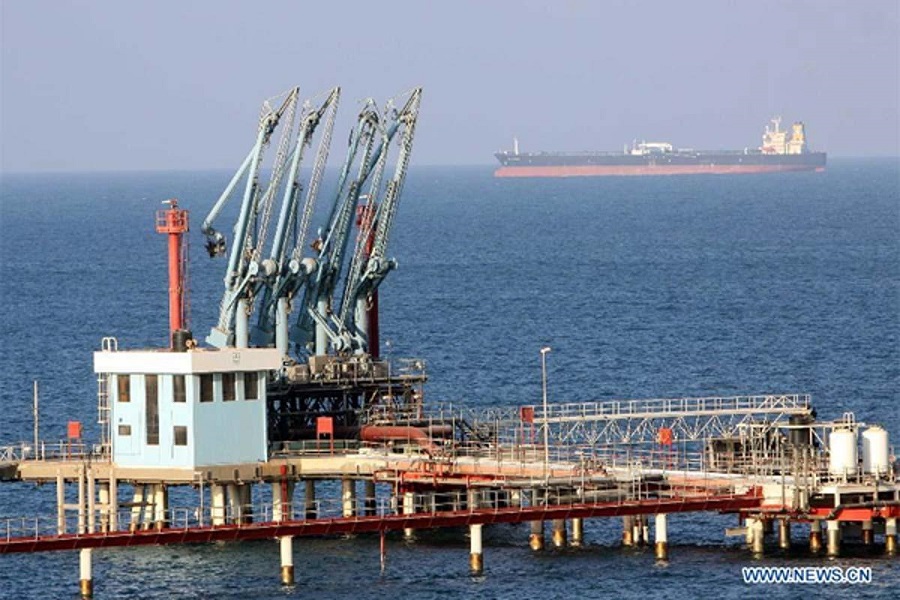- Your cart is empty
- Continue Shopping

Nigeria’s oil industry Expected to rise by Q4 2023
The largest economy in Africa’s oil industry is expected to come out of recession in the fourth quarter of 2023, according to KPMG Nigeria.
This comes after 14 straight quarters of negative growth, according per the company’s most recent analysis titled ‘Expected Sluggish Q3 2023 GDP Growth.’ The good prognosis stems from continuous efforts to stop oil theft and damage to infrastructure.
The report indicates that higher crude oil output, which may have been spurred by new oil discoveries as a result of the 2020 marginal field bid round, is responsible for the possible improvement in Q4.
“Furthermore, the increase in crude oil production could be as a result of oil discovery by the Petroleum Production License awardees of the 2020 marginal field bid round,” the report said.
According to KPMG, the Nigerian Upstream Regulatory Commission gave local oil companies control over 57 oil fields in the Niger Delta in June of the previous year, with the instruction to accelerate development and start producing oil before the end of 2023.
Nigeria’s oil industry, which provides the government with a significant amount of money, saw real growth rate of -0.85% year over year in Q3, according to data released by the National Bureau of Statistics (NBS).
“Growth also increased by 12.6 percentage points when compared to Q2 which was –13.4 percent. On a quarter-on-quarter basis, the oil sector recorded a growth rate of 12.5 percent in Q3,” the NBS report said.
This represents a notable improvement over the same quarter in 2022 (-22.7%). In Q3, the oil industry experienced a growth rate of 12.5% on a quarter-over-quarter basis.
According to the NBS report, Q3 oil output was 1.45 million barrels per day (mbpd), which was 0.25 mbpd more than the 1.20 mbpd average from the same quarter last year. In Q3, Nigeria’s GDP increased by 2.54% on an annual basis.
The disappointing third-quarter economic performance is acknowledged by the authors of the KPMG report, who blame it on ongoing fragile and sluggish development in the face of high inflation and growing production costs.
They contend that the restoration of the oil industry and the realisation of macroeconomic stability are prerequisites for long-term high growth rates.
“The under-welling performance of the economy in Q3 did not come as a surprise and align with our expectation in various recent publications on the economy of continuous slow and fragile growth at or below population growth,” authors of the KMPG report, said.
KPMG has decided to stick with its 2.65% GDP estimate for 2023, citing expected gains in the oil industry.
The non-oil industry, however, is anticipated to continue to perform slowly and fragilely because of declining household spending power, a decline in private investment, and higher operating expenses.
“We had also maintained that the ability of the economy to grow at high growth rates also depended on the oil sector exiting recession and the economy achieving macro stability before we can experience any stronger growth that will enable the economy to meet the current administration ambition of attaining a $1trillion economy by 2030.”
The report emphasises how important the oil industry is to achieving the administration’s goal of having a $1 trillion economy by 2030.
Source: allnewng.com
